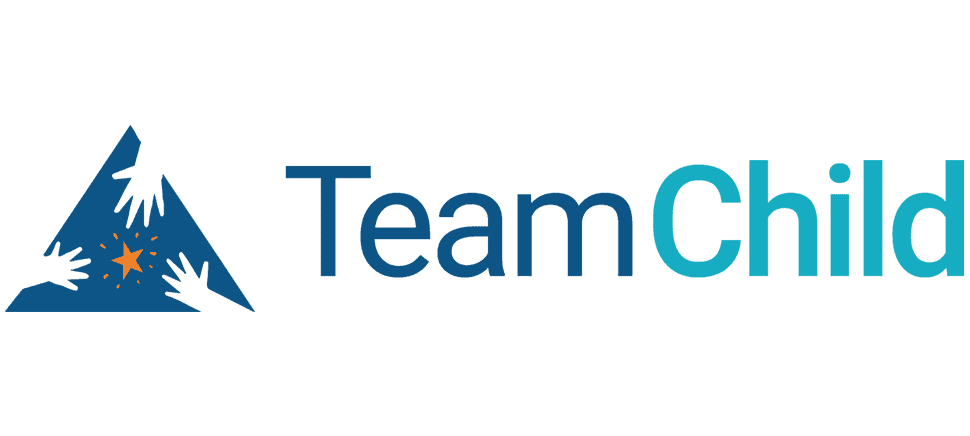Building Power in Community – By Spokane Staff Attorney Dan Ophardt
Racism influences the criminal justice, social service, educational and civil/administrative court systems – all of which impact TeamChild’s clients. In 2016 following staff recommendations, TeamChild committed to sending all staff to Undoing Institutional Racism (UIR) training to develop individual and organizational awareness and skill sets around doing anti-racist work. A little over a year ago, staff began receiving UIR training from the People’s Institute for Survival and Beyond. New staff continue to participate in the training as soon as possible after they join TeamChild. It is an essential training that I am thankful TeamChild is investing in. As part of it, the People’s Institute leads the group in a power analysis, a practice which examines the distribution of power between communities, institutions, and organizations in order to answer the question: “why are people poor?” This is an essential model in order to effectively work with communities as they build their own power.
Since participating in this training, TeamChild staff have been thinking about how to conduct this analysis within communities and looking for opportunities to incorporate community or movement lawyering, where we would focus our legal skills and knowledge toward results that build power within communities. Much of this ongoing discussion has been under the tireless leadership of Community Engagement and Anti-Racism Director Reyna Rollolazo and Staff Attorney Damian Davis NoOneElse, and different offices are engaging in different ways.
In Spokane, I have been empowered to begin a project in which I am reaching out to various community groups to schedule relational meetings where I can listen to the concerns of the groups with regard to local schools. Because my understanding of community lawyering includes not only using our power to support community in various interactions with systems, but also to directly share our legal knowledge and skills, I am also offering these groups education rights trainings based on their interests and concerns. Through this, my goal is that youth, their parents, and their advocates can better understand their rights and what they can do to assert them in schools. I hope that our conversations in these trainings also lead both TeamChild and the community groups to understand better where and how power needs to be enhanced in order for a more equitable education system for the Spokane community.
In the beginning stage of this project, I led a special education training for two groups of parents interested in advocating for their children in local schools. We discussed basic evaluation procedures, due process rights, and effective individualized education program (IEP) writing strategies. The most common feedback I received from both 2-hour trainings is that we needed more time. It is clear that community members desire the knowledge and skills that we as TeamChild attorneys have amassed through our privilege to attend law school and learn from our colleagues. I believe that an essential element of building our communities’ power will be to share it as widely and openly as possible.
Since beginning this project, I have already felt myself falling into old habits of focusing on only the immediate needs of my clients. It is easy to do, as I’m used to reacting to crisis after crisis. To truly build community power and be a part of the systemic change our communities need to be healthy, however, we will have to commit time and resources toward building that community power through listening and through sharing our knowledge and skills.

Comments are closed.